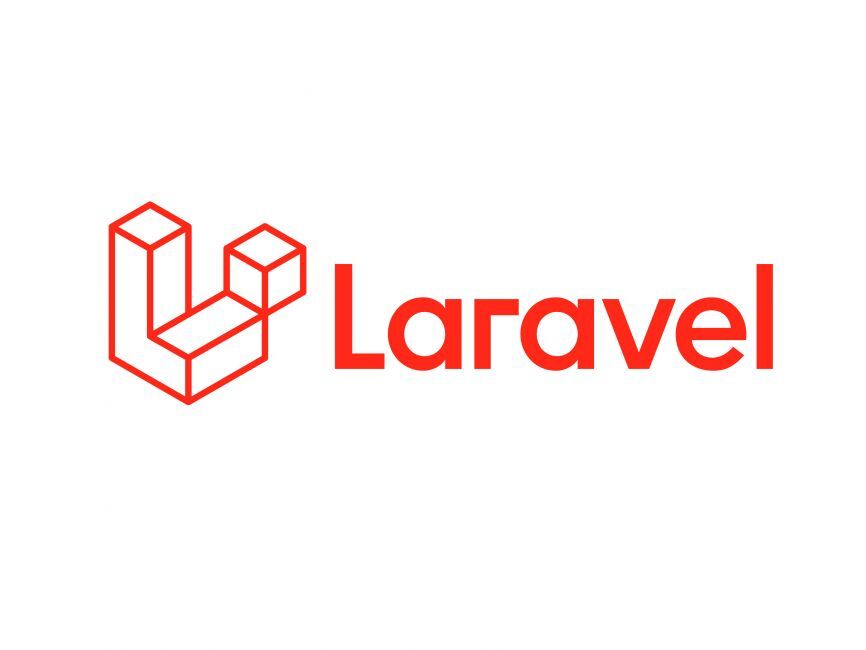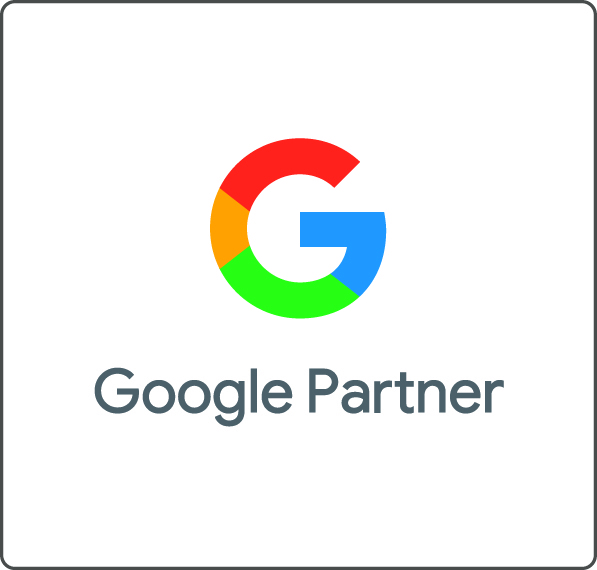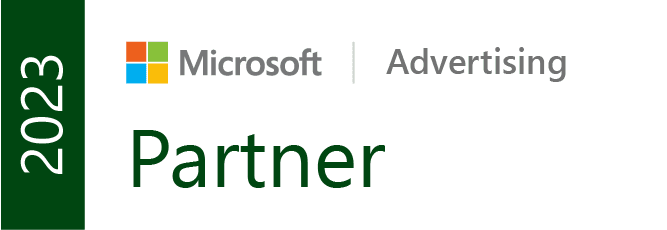PPC accounts are constantly evolving - they ebb and flow in accordance with business priorities and search performance, and can often be worked on by many PPC professionals over their lifetime.
For these reasons what may have been launched as a perfectly organised and up-to-date account, over time they can start to fray, fragment and become less efficient and more cumbersome to manage.
PPC audits are a great way to review the health of a PPC account. They put all aspects into the spotlight and offer a framework to assess, refresh and grow PPC activity.
A natural ‘pause point’ to conduct a PPC audit is at the beginning and/or end of a PPC contract. Whether it’s conducted by the incumbent agency, or by one waiting in the wings, it’s always advised to take stock of the health of an account before embarking on a new chapter.
We also like to schedule in ad hoc reviews from time to time, involving a fresh pair of eyes from within our PPC team, in order to highlight inevitable overlooked components and areas of improvement.
These are the areas a PPC audit should aim to address:
- Settings
- Structure
- Ad copy
- Keywords
- Bidding
- Targeting
- Shopping attributes (if relevant)
- Competitiveness & quality
- General performance
If you’ve had conversations with a Google rep in the past you’ll be familiar with some of the audit sections as they too have their own audit process. However, from past experience I have found these audits to be solely a tick-box exercise and a way to apply all Google ad features whether they’re suitable or not.
We have devised a 99 point checklist across these nine areas, of which I’ll introduce you to some of the themes and points of interest.
Settings
This section of the audit aims to evaluate whether all necessary settings have been applied from types of campaigns in operation (search / display / video /app) to tracking integrations and other linked accounts.
Campaign types
We are strong advocates for having separate campaigns for different campaign types, with the exception of smart shopping where free rein is the nirvana. We choose to separate as it provides greater clarity on what is / isn’t working well across Google’s platforms and enables us to optimise accordingly.
Targeting
Similarly settings involve device and location targeting which again need to be reviewed based on whether having multiple campaigns for different locations or devices offers more optimisation choices and improves budgeting and performance decisions.
Revisiting these settings and later bid adjustments too will be important over the course of the account’s lifetime as what was right when it was set-up may be less effective now as search behaviour changes.
Tracking
From a tracking point of view ensuring that all appropriate accounts are linked to maximise data intelligence and insights is worthwhile, as is ensuring only relevant goals are imported from Google Analytics or set-up from within Google Ads or Microsoft Ads. Understanding whether ‘goals’ should be used for automated bidding strategies will determine whether they are included as ‘conversions’ in the main report interface for example. Not all goals should be treated equally, especially if there are multiple ways to convert on your site.
Likewise, checking whether your account has access to alternative attribution rules, especially data-driven is definitely worth it. For many of our clients there isn’t enough click data to adopt data-driven attribution just yet, but we’re certainly deploying other attribution models rather than the default last-click to make better decisions on investment.
Structure
One of my favourites! Never under-estimate the power of a well-organised PPC account. Granted, people organise information in different ways, so what suits one individual may not be intuitive to another, but on the whole it should be fairly easy for any seasoned professional to look at another man’s PPC account and understand how / why it’s structured in the way it is and pick it up fairly quickly.
This is really important for ensuring that handovers between colleagues or account transitions between agencies don’t sink a lot of time and/or energy getting heads around where to find certain search terms or analyse performance. If you get the chance to get under the bonnet of the account as well, it would be helpful if you are able to navigate the scene as well so a logical approach is welcome by all.
Structural components involve:
- the segmentation of match types within or across campaigns;
- the use of brand terms and their assignment within their own campaigns or not;
- the use of negatives and how they have been applied based on the structure;
- the use and organisation of dynamic search ads (if appropriate).
Naming conventions can also play a role in the structure of the account and overtime this can become dis-organised so always worth updating names and labels for speedier management and understanding.
A big part of our PPC strategy is appreciating where the user is in the conversion journey and what phrases align to which stages. Accepting that early research terms are less likely to deliver conversions compared to brand terms for example, enables us to split campaign structure out by funnel stages and include codes to identify these stages. This in turn helps with applying appropriate bidding strategies and assessing performance.
Ad copy
Ad copy elements for search include the variety of ad types, number of ads per ad group and use of ad extension features, as well as a critique of the ad itself (what is written and how aligned to the search query it is).
Diversity
From a variety perspective a search ad could be expanded (up 3 headlines and 2 descriptions), responsive (combination of many different headlines and descriptions) or dynamic (automated based on landing page).
Having diversity within your account allows you to find the best combination - even subtle changes to word order can have big impacts to CTR. It’s also worth having at least 3 ad creatives present in an account so that the system can optimise to the best performer and you’re therefore not placing undue pressure on one ad needing to be THE one.
Disapprovals
Ad disapprovals can sometimes lay dormant in an account for ages, especially if you’ve missed an email triggered as a result of the disapproval. At a serious level if you don’t have any other active ads you could be missing out on impressions and clicks and what you thought may be no search interest, was actually an inability to show an ad.
Personalisation
Custom parameters can also be used in ad text to personalise ads with device, audience, and location based messages (to name but a few). Get comfortable with IF functions in ad text, and you might find it ramps up your response rates!
Extensions
Google and Microsoft Ads offer an armoury of ad extensions to bulk out your visual real estate in the search results. These range from extra links (sitelinks) to extra messages (callouts and snippets) to pricing and promotional details. Ensuring that these extensions align to the search query is also paramount for them to have the most impact so don’t settle just for account level extensions, be clever and adjust accordingly.
If you need more inspiration about writing great ads, then Maddie shared her pearls of wisdom in this blog post.
Keywords
A PPC account is not a PPC account without keywords! Well, unless it’s a dynamic search ad account, in which case keywords become relegated to the negative keyword section only.
Auditing PPC accounts on keywords focuses on:
- checking for duplicates (to avoid bidding against yourself)
- assessing breadth and depth of negative keywords and implementation across the account (inc. use of negative keyword lists vs. individual campaign or ad group additions)
- keyword disapprovals
- low search volume keywords
Fairly straightforward this one and routine search query reports should have ensured most of this is kept fairly up to date so I won’t dwell any further here.
Bidding
Bidding elements include the use of bid adjustment for dimensions like devices, demographics, ad schedules and location; as well as the adoption of smart bidding strategies and assessing the suitability of the strategy applied.
Some campaigns may suffer from a lack of keyword level bidding - whilst this isn’t a requirement, keyword level can allow for better performance management.
Many accounts we have audited have suffered from excessive keyword bidding whereby the max. CPC bid is 4X higher than the suggested position 1 bid. Whilst you’ll not be likely to pay up to this maximum, we have seen accounts in the past whereby excessive bids have led to inflated avg. CPCs. Our work with Southampton Airport and their brand bidding limits proved that excessive bids could cause harm to an account and incur unnecessary costs.
The use of bid adjustments for location, device and schedule have become common practice in recent years, but these adjustments may have been set up early on and forgotten about. An audit should review whether these adjustments are still relevant for the present day.
Smart bidding strategies could do away with the necessity to audit many of the above bidding elements, however they in themselves need auditing. Making sure the right strategy is applied for your goal, and with the necessary threshold of data to make it viable, should be reviewed during an audit.
If you’re unsure if you’ve got this right we’ve summarised the key smart bidding strategies and their pros and cons in our free to download PPC automation guide.
Targeting
Whilst geo-targeting, device-targeting and ad scheduling have all been taken care of in other sections, there is also a layer of audience-targeting that is worth reviewing too.
Audience targeting possibilities include:
- Remarketing lists for search ads - applying bid adjustments to people who have already visited your site (a series of different audiences can be created based on previous visit behaviour)
- In-market audiences - applying observational or specifically targeted audience groups based on Google’s large database of consumer behaviour patterns
- Customer match - GDPR permitting, can you apply customer data to your search accounts to bid differently for these customers or negate them entirely?
- Similar audiences - are these likely to deliver relevant audience groups based on being triggered from your remarketing audience lists?
Understanding whether the audience insights deliver anything of value to the search account, or just cloud the picture would be assessed during the audit stage.
We have seen accounts before whereby clients/other agencies have applied all the various in-market audiences just to learn which ones respond/don’t respond to their ads but yet in reality they just become a distraction and another element that needs tending to, which only really offers a fraction of benefit vs the effort.
Shopping attributes
Key components within shopping which need auditing echo much of the areas within standard search campaigns (bids / logical structure) but also expand into:
- Feed quality
- Priority settings
- Merchant promotions
- Targeted inventory vs. catch-all segmentation
Access to Google Merchant Centre is essential to review feed quality incl. disapprovals, number of products featured vs. uploaded and overall feed health in terms of product titles and descriptions.
We assess whether the shopping feed is fit for purpose, review the search query reports to understand what search terms are being triggered based on the feed, and also review the performance of these campaigns to ensure optimal performance of product sales vs. budget deployment.
Competitiveness & quality
This section involves basic housekeeping of some of the fundamental quality triggers - namely impression shares, quality scores and landing page experience assessments. Typically all values that Google (or Microsoft Ads) works out for you on your behalf and offers a grade back.
Lost impression share due to budget is a fairly quick one to solve if you have the budget available - no-one likes to find out they could have achieved more if they only upped their caps. It should also be evaluated across campaigns in case a strong campaign is being limited at the expense of affording budget to a weaker campaign.
Lost impression share due to rank is a little more complicated, and is Google’s way of saying hey, if you want to show for this search term you’ll need to pay more unless you can improve your relevance. In many cases upping the bid is the only way to win more impressions, but if you can improve your CTR (ad text) or landing page experience then obviously it’ll cost you less in the long run.
Landing page experience may require further support from the fields of SEO, UX and development to help improve relevancy, user experience and page speed. Recent reports from Google webmaster have indicated that Core Web Vitals will play a more important role in search rankings, but this will also spill into ads as well.
These grades and/or percentages are reviewed by our experts and put into context on what good should look like for your account. Not all accounts will hit 10/10, win 100% impression share, or get an A grade for landing page experiences so there is no point chasing it. However, these marks do flag problem areas that could benefit from further investigation and attention.
General performance
Last but by no means least, is a general assessment on performance. With all the other elements being top notch, are there issues with how the budget has been assigned? Are the targets for optimisation as accurate as they can be? Is there wasted spend on lots of click-based search terms which lead to no conversions?
We have a whole suite of questions to probe the account from a performance perspective. We base these on the client objectives, consumer search behaviour and current performance insights.
Hopefully this has given you insight into the types of things a PPC account audit should investigate, interrogate and aim to improve whether it’s at the beginning, end or during a contract period.
If you have a PPC audit requirement, feel free to get in touch with us via our contact form or phone number, and one of the team will be in touch to discuss.





